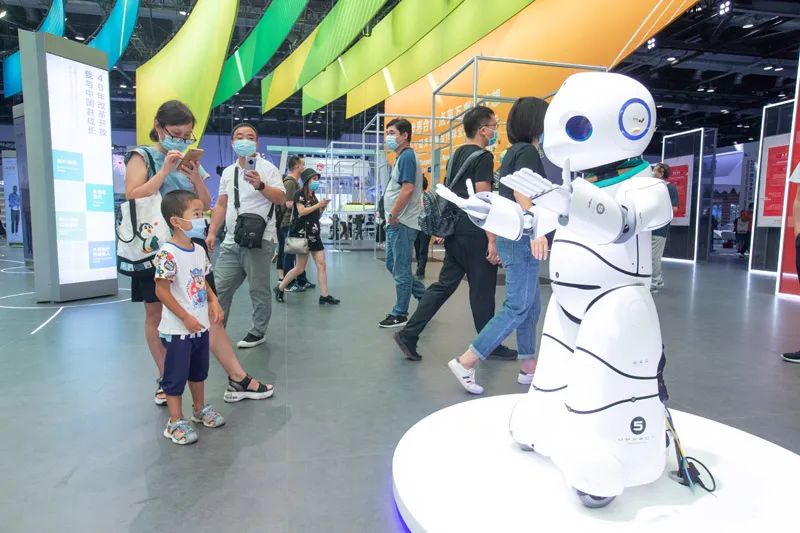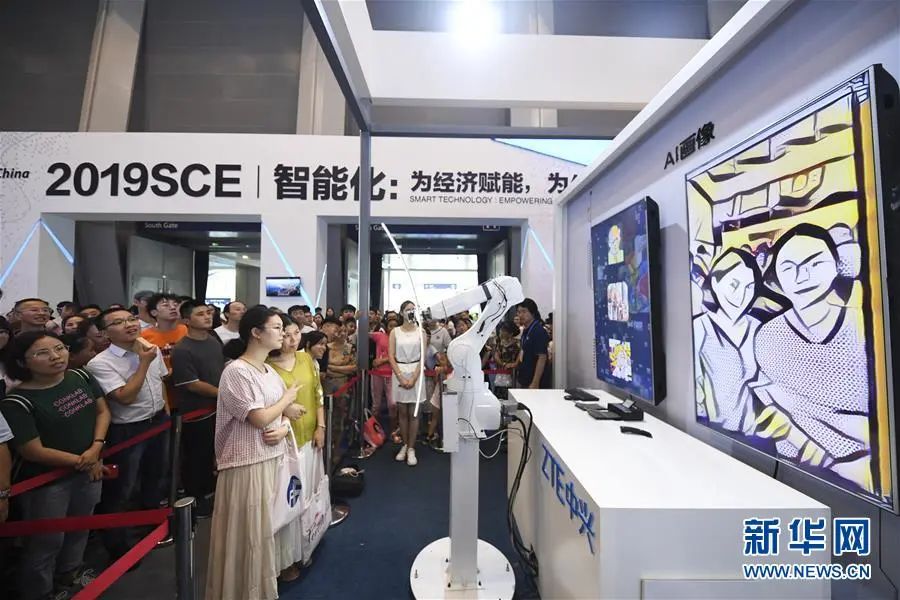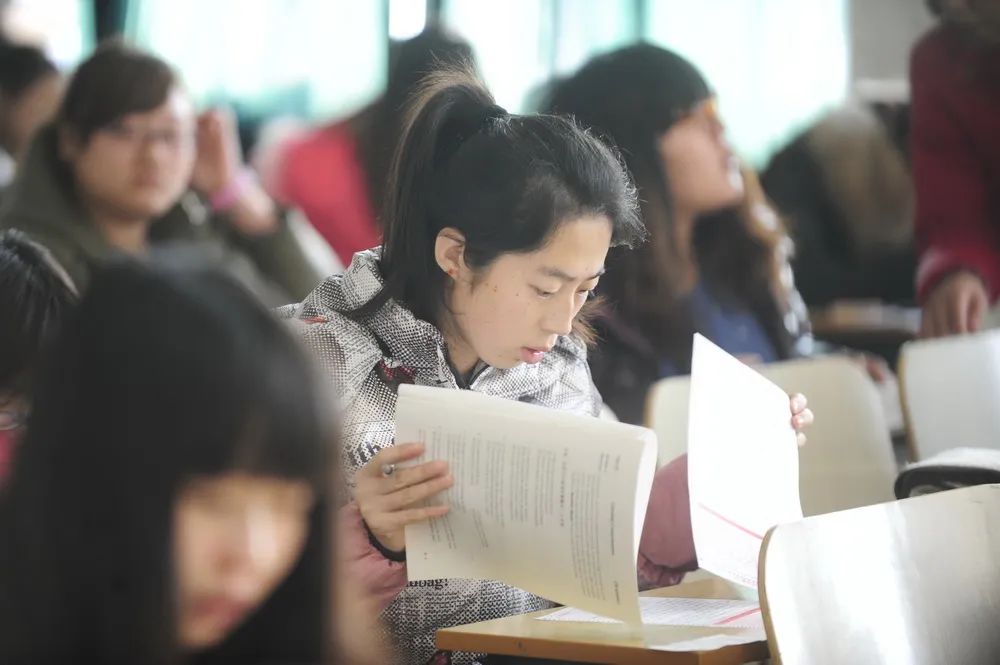What do you think of the random inspection of papers written in ChatGPT?
Recently, Gu Jun, director of the Supervision and Evaluation Department of the Science and Technology Department of Jiangsu Province, said when he was a guest on a media program that he would organize self-examination and active spot check of published papers by scientific and technological personnel, and conduct ethical review of science and technology to guide scientific and technological personnel to improve their integrity awareness. Gu Jun said that ChatGPT can generate coherent and logical articles, which provides convenience, but it may also be used to avoid the problem of duplicate papers, or even list fictitious reference lists, leading to academic misconduct.
This is not a new problem. Almost since the birth of ChatGPT, the controversy has never stopped around its possible impact on education and science and technology. Compared with those who advocate "no ChatGPT intrusion" and those who advocate "actively embracing new technologies",An increasingly accepted consensus is that it is necessary to clarify the application scenarios and boundaries of ChatGPT, draw the bottom line and clarify the rules, so as to maximize ChatGPT’s positive role and limit its negative impact.Take the papers published by scientific and technological personnel as an example. Although this is not the only yardstick to evaluate the academic research level of scientific and technological workers, it is still one of the important standards to test academic achievements and evaluate the quality of scientific research. It is still an insurmountable red line to ensure the originality, innovation and writing independence of the papers.

Through self-examination and irregular spot checks, the procedures and standards for handling academic misconduct can be updated, which can strengthen the "physical examination" of published papers from technical means, judge the authenticity and originality of papers, and make scientific and technological personnel dare not and cannot take a slant; Carrying out ethical review of science and technology and guiding scientific and technological personnel to improve their sense of integrity will seize the core element of personnel using new technology, strengthen education from ideological consciousness, and make them truly stay away from academic misconduct from the heart.In the current context, strengthening the integrity education of the core population and improving the supervision mechanism by technical means are two important aspects to prevent scientific and technological personnel from using ChatGPT to write papers.
At present, many universities at home and abroad have opened related courses such as ChatGPT, and students are encouraged to use it to complete some homework. However, it is forbidden to use ChatGPT to write papers without exception. Jinan University’s Journal of Jinan (Philosophy and Social Sciences Edition) and Journal of Tianjin Normal University (Basic Education Edition) clearly stated that articles signed separately or jointly by any large language model tools such as ChatGPT will not be accepted for the time being. The same is true of many top academic journals. For example, Nature magazine stipulates that any large language model tools such as ChatGPT are prohibited from becoming paper authors, and it is suggested that researchers who use these tools should specify the use of AI in their manuscripts; "Science" magazine clearly stated that it does not accept the papers generated by ChatGPT and does not allow ChatGPT to be the author of the papers. The papers generated by ChatGPT are equivalent to plagiarism.

It can be seen that from universities to top authoritative journals, from teaching staff to all scientific and technological personnel, their governance logic is consistent:Carefully accept and strictly limit the use.No matter from the perspective of ensuring the innovative value of papers, maintaining the fair competition of scientific researchers, or ensuring that scientific research results truly serve social progress, this strict and standardized management is of due significance.
Although China has not officially introduced measures to deal with the problems caused by ChatGPT, it does not mean that there is no relevant management. For example, in March last year, the Central Office and the State Council issued the Opinions on Strengthening the Ethical Governance of Science and Technology, taking artificial intelligence as one of the key areas that need to be strengthened. In April this year, the National Internet Information Office issued the "Administrative Measures for Generative Artificial Intelligence Services (Draft for Comment)", which intends to stipulate that intellectual property rights and business ethics should be respected when providing generative artificial intelligence products or services; Pre-training and optimized training data used for generative artificial intelligence products should not contain any content that infringes intellectual property rights.

In particular, on August 28th, the draft law on academic degrees was submitted to the 14th the National People’s Congress Standing Committee (NPCSC) for deliberation. Among them, the corresponding legal responsibilities are clarified for the acts of degree winners using artificial intelligence to write dissertations: the degree-granting unit decided to revoke the degree certificate after deliberation by academic degree evaluation committee. The signal conveyed by this is obvious:With the majesty of law, resolutely defend the dissertation from being "invaded" by artificial intelligence.
Today, as a powerful and widely used new technology, ChatGPT should not be rejected and avoided blindly, but in the final analysis, it is still a tool created by human beings and serves human beings, and it is neutral in itself. How to use it depends on ourselves. It is believed that with the passage of time, the relevant institutional measures of management and governance will become more and more perfect, and finally ChatGPT will give full play to its advantages and serve the development and progress of human beings and society on the basis of following the rules of various fields and industries such as science and technology ethics, intellectual property rights and serious academic authority.